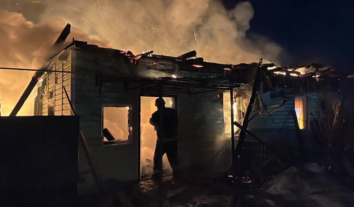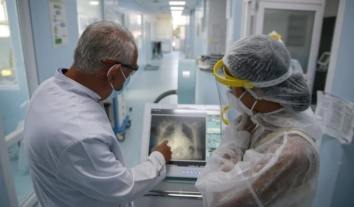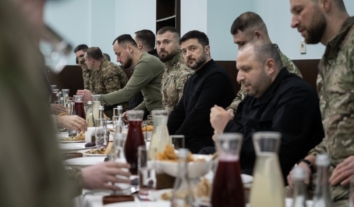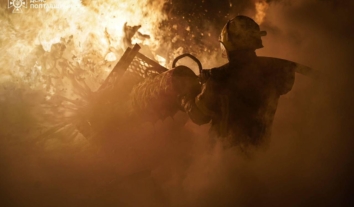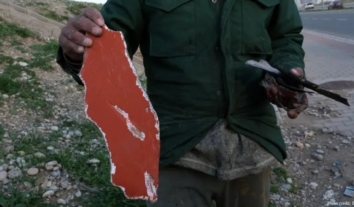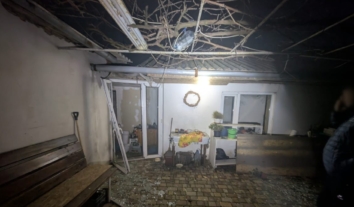Jehovah’s Witnesses jailed for six years by sham “court” in temporarily occupied Crimea
Russia’s illegitimate “Supreme Court of the Republic of Crimea” has increased sentences for two Jehovah’s Witnesses in occupied Crimea, converting their suspended sentences to six years in prison, Krym.Realii, a Radio Liberty project, reports.
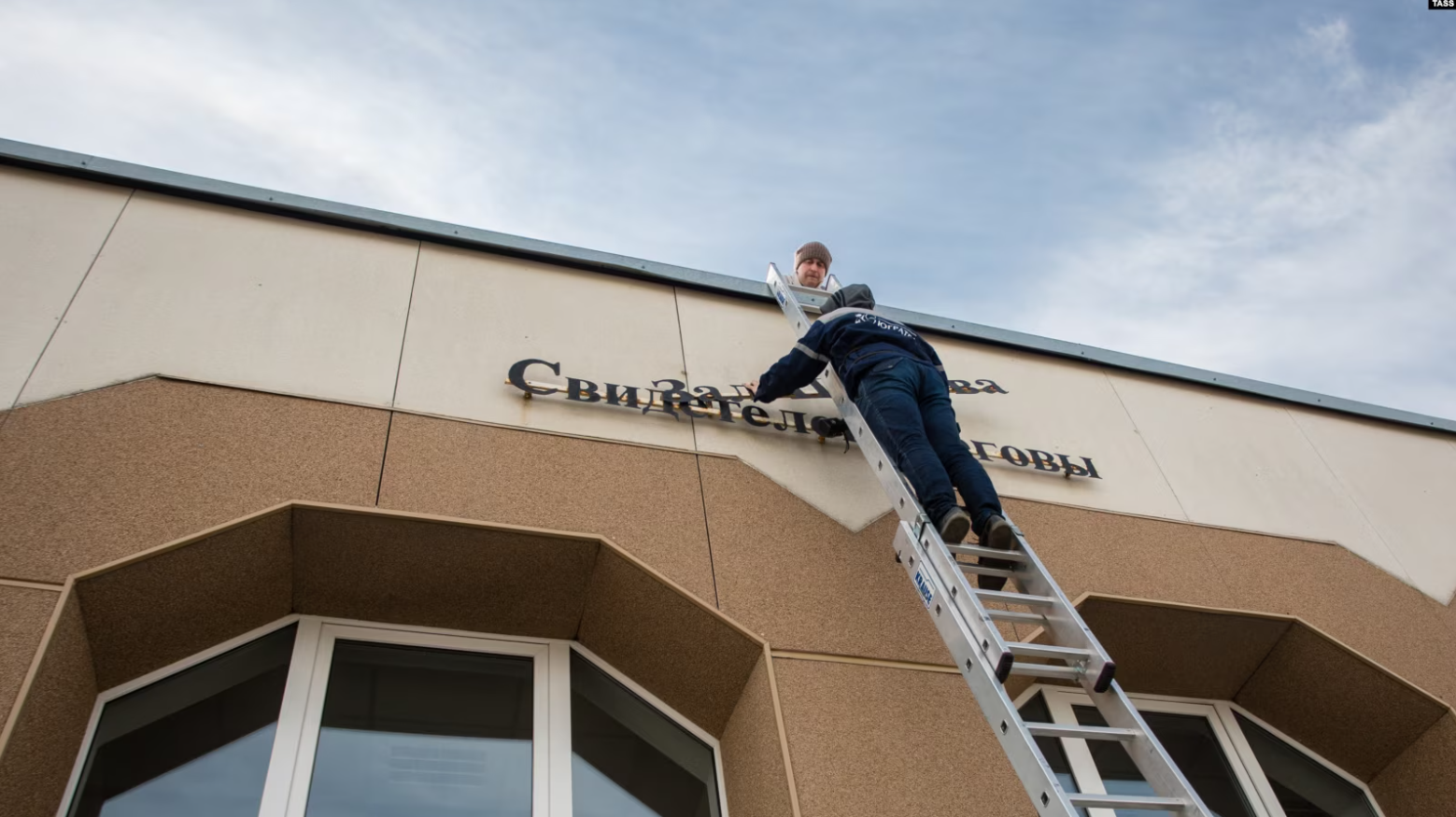
The October 3, 2024, appeal hearing resulted in the immediate arrest of Yuriy Herashchenko and Serhiy Parfenovych, a father of many children. A panel of “judges” led by Natalia Grebennikova supported the prosecution’s claim that the initial punishment was insufficient.
The convicted men maintain their innocence regarding charges of organising extremist activities and have requested acquittal in their appeals.
Herashchenko’s lawyer stated: “From the evidence in the case, one can only conclude that Gerashchenko belongs to the religious denomination Jehovah’s Witnesses, which is not banned in the Russian Federation, as well as his periodic presence at meetings of a religious group of followers of this denomination, among many of his other followers, and nothing more.”
Parfenovych’s lawyer argued that his client acted within legally protected religious freedoms.
In September 2022, Serhiy Parfenovych, a father of six children, was visited by Russian security forces. They had been searching the believer’s house for six hours in the presence of his minor daughter and elderly disabled father. After that, Parfenovych was detained and taken to temporarily occupied Simferopol for interrogation.
He spent two days in temporary detention and 1.5 months in pre-trial detention before being placed under house arrest for 1.5 years.
The illegitimate “Investigative Committee of the Russian Federation in the Republic of Crimea and the city of Sevastopol” investigated the case. They charged Parfenovych with organising extremist activities.
Authorities charged Herashchenko with the same crime in March 2023. He remained in temporary detention for two days and under house arrest for almost nine months. The case went to “court” in July 2023, and a year later, both men received six-year prison sentences. The appeal converted these suspended sentences to actual imprisonment.
For context, Russia’s Supreme Court designated the “Administrative Center of Jehovah’s Witnesses in Russia” as an extremist organisation and banned its activities in Russia in 2017. Subsequently, authorities added all previously-legal Jehovah’s Witnessess entities in Russia to the list of extremist and banned organisations.
In Ukraine, the decisions of the Russian Supreme Court are null and void as the Autonomous Republic of Crimea is Ukrainian territory. Ukrainian law does not restrict the Jehovah’s Witnesses religious organisation. This organisation operates legally throughout Ukraine, including in the Autonomous Republic of Crimea.
To provide background, on June 25, 2024, the European Court of Human Rights (ECHR) delivered a judgment on the merits in the interstate case “Ukraine v. Russia (regarding Crimea)” – the first of four interstate cases with applications against Russia in connection with its war against Ukraine. The court in Strasbourg unanimously found that Russia had massively and systematically violated 14 articles and protocols of the European Convention on Human Rights in temporarily occupied Crimea.
The ECHR analysed a significant amount of information and evidence from many sources, which the Ukrainian government provided. This evidence describes the arrests, detentions pending trial, and convictions of Ukrainians by various types of “courts” created by the Russian Federation in Crimea. The evidence also included materials from the criminal cases of the respective prisoners.
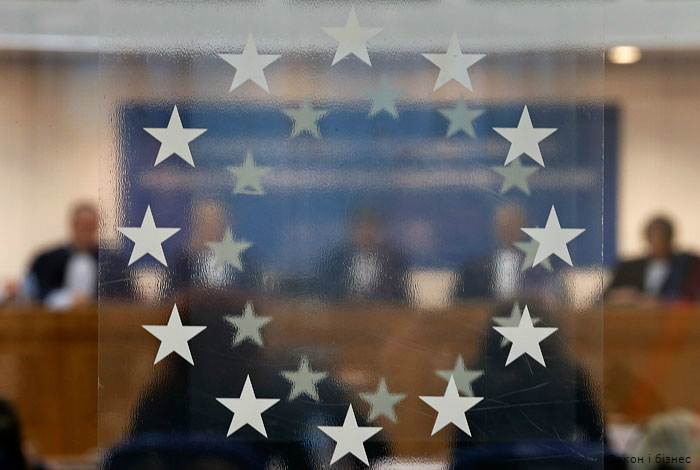
The judges note that the application of Russian law was mandatory by Russia for all “courts” throughout Crimea, and it was applied to all court proceedings and all interested parties. These improper proceedings were enough for the ECHR to conclude that the “courts” in Crimea are not “established by law” within the meaning of Article 6 of the European Convention on Human Rights (Right to a Fair Trial) after the introduction of the so-called “Treaty of Accession” by Russia.
The ECHR found that the full-scale application of Russian law in Crimea is a violation of international humanitarian law and Article 7 of the European Convention on Human Rights on the impossibility of punishment without a law. After all, Russian law cannot be considered “law” for the measures taken in Crimea within the meaning of the Convention.
Moreover, the Court found that the occupying administration had restricted religious activities and had discriminated against religious minorities. These new limits mainly affected the Orthodox community, which belongs to the Orthodox Church of Ukraine, and other religious communities that are not subordinate to the Russian Orthodox Church.
The ECHR emphasised that Russian authorities had persecuted religious leaders on the peninsula by carrying out detentions, interrogations, threats, and intimidation. This affected representatives of the Orthodox Church of Ukraine and other religious organisations.
The Court noted instances of Russian authorities seizing religious objects and premises belonging to the Orthodox Church of Ukraine, particularly cathedrals and temples.
The Court recognized instances of religious discrimination, which violate Article 9 of the European Convention on Human Rights, which guarantees freedom of thought, conscience, and religion.

